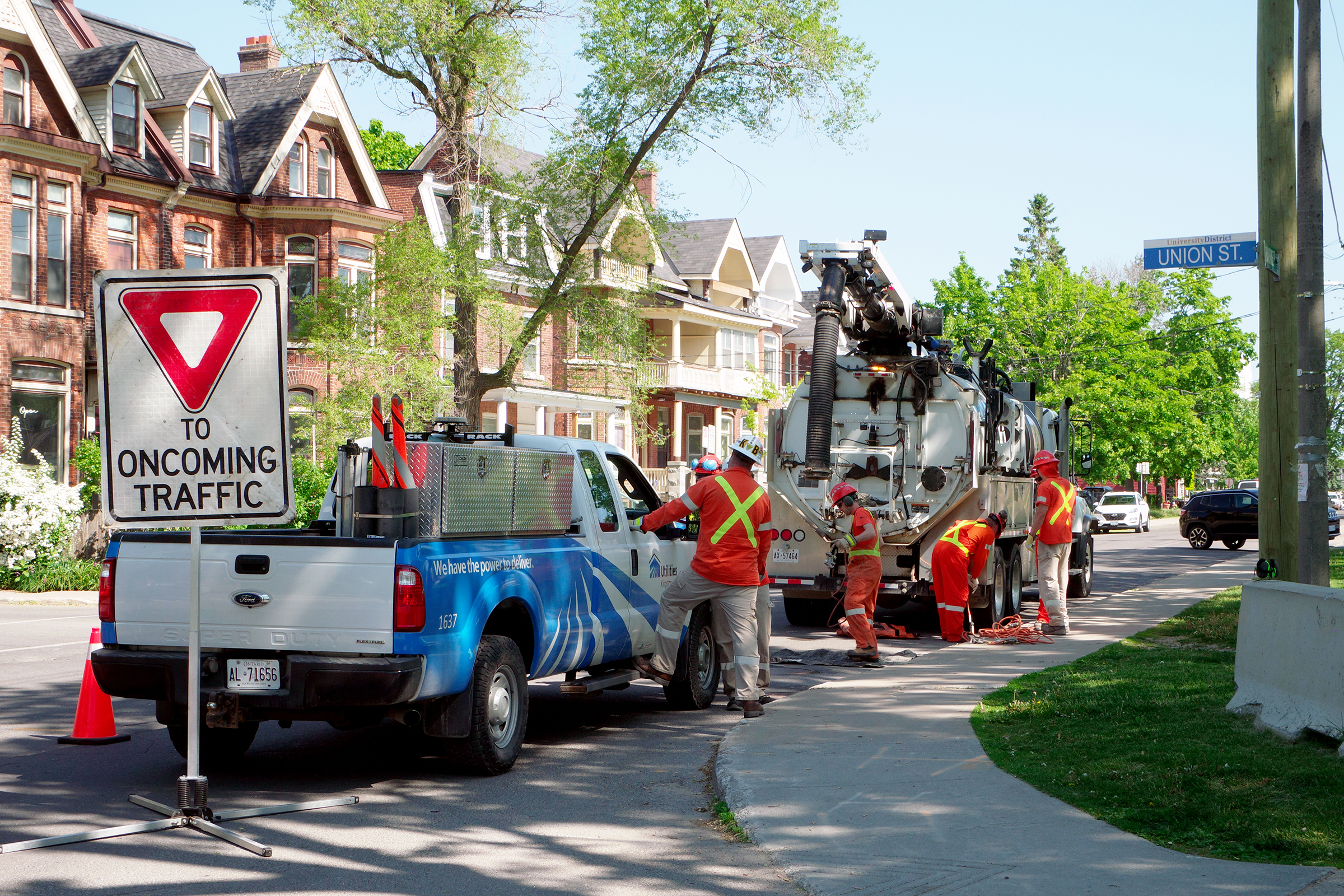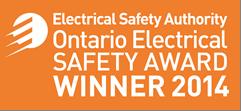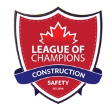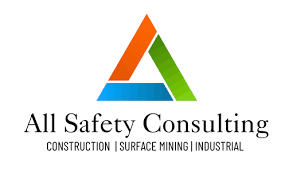Safety Days 2025
Overview and registration
Join the City of Kingston and Utilities Kingston for Safety Days on March 27 and March 28 from 7:30 a.m. – 4:30 p.m. at the Portsmouth Olympic Harbour.
The annual Safety Days event is jointly hosted by the City and Utilities Kingston to promote safety best practices amongst employees – and local contractors and suppliers in the industry.

The goal of Safety Days is clear and simple: get everyone home safe every day. Its training and information sessions are all about how to instill safety as the highest value in the workplace. The event was recognized by the national Recognition of Excellence Award for Outstanding Achievement from the Canadian Society of Safety Engineering (CSSE) and the Electrical Safety Authority (ESA) Worker Safety Award.
In 2017, we joined the League of Champions and made a commitment to become Champions for achieving safety excellence. The goal of the League of Champions is to promote safety culture and build awareness in the industry. Our goal is to create a framework for safety awareness that will act as a lever to help industry leaders enable change in their companies and across industries. The result will be better protection for young and all workers through education and awareness.



Keynote speaker
This year's event features keynote speakers Amanda MacDuffee from All Safety Consulting and Alana Hamelin from Better Balance Massage Therapy.


Session information
-
Industrial safety expectation session for contractors: This course is a specific Utilities Kingston and City of Kingston health and safety requirement for contractors if they wish to be on the City of Kingston or Utilities Kingston’s pre-approved list for quotation work.
-
Construction safety expectation session for contractors: This course is a specific Utilities Kingston and City of Kingston health and safety requirement for contractors if they wish to be on the City of Kingston or Utilities Kingston’s pre-approved list for quotation work.
-
Traffic Control Person (TCP): Learn how to protect yourself with our Traffic Control Person training based on the Ontario Traffic Manual for Temporary Conditions, Book 7 and designed to meet and exceed O. REG. 213/91: Construction Projects S. 67. This course provides you with information about employer, supervisor and worker responsibilities and best work practices for safe job performance.
-
Preparing for the next labour inspection and inspection process: The recent round of hiring at Labour has resulted in the most inspectors ever on staff. The OHSA authorizes inspectors to conduct unannounced inspections at any time. Are you prepared? Steps should be taken to increase confidence in your preparedness for an inspection. There are basic elements that an inspector will audit, including mandatory workplace documents. This session is intended to equip you to be better prepared, potentially reducing orders and related down time, all with the main goal of improving worker safety.
-
Who is the constructor of your construction project? Owner and constructor health and safety responsibilities: The intent of the OHSA is to have one person with overall authority for health and safety matters on any construction project. This person is known as the constructor of the project. As a buyer of construction, it is essential to understand who is fulfilling the role of the constructor. Owners undertaking one or more projects at the same time or physical address may be unintentionally becoming the constructor and assuming related liabilities. As an owner, there are actions that you can take to assist in avoiding becoming the constructor.
-
Prevention is Proactive: Would your due diligence hold up after a serious incident? Accident prevention must begin early in every workplace. We'll uncover systemic issues by analyzing occupational health and safety catastrophes and address how competency gaps, complacency, and culture contributed to negative outcomes. These examples will challenge you to assess your organization’s safety practices and ask: “Would our due diligence hold up after a serious incident?” Proactive safety measures are not optional—they’re essential to protecting workers, avoiding disasters, and fostering a culture where prevention is the priority. An overview of recent OHSA amendments will conclude the session.
- Traffic control – temporary work zones: Every year, workers are injured as a result of traffic-related incidents while performing work in and around public roadways. The Regulations for Construction Projects require employers to have a traffic protection plan in place to ensure that workers are protected. In addition, a specific traffic control plan, designed to protect both workers and road users, must be developed and available. This program assists those responsible for creating, implementing, and/or overseeing traffic control in temporary work areas to develop an effective traffic control plan. Participants are taught using typical layout case studies, Ontario Traffic Manual, Book 7, and the Regulations for Construction Projects.